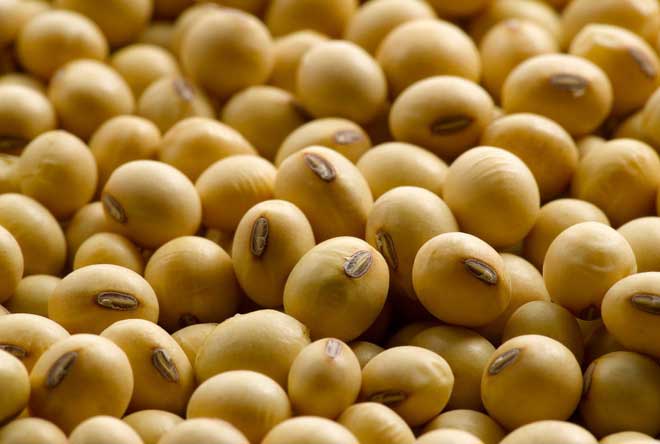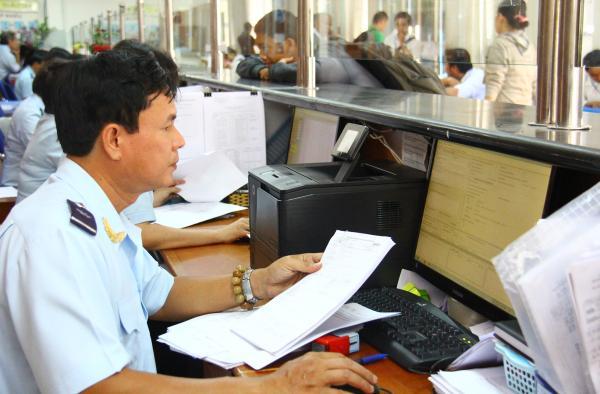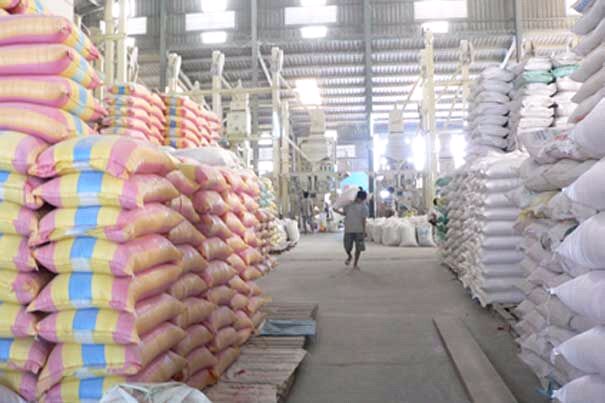World tea prices can almost double as disasters cause crop failure
Tea prices have increased rapidly due to drought in India and Kenya, and floods in Sri Lanka. Experts predict tea prices will increase further from now until the end of the year.
Experts and traders all agree that the price of tea on the world market will increase further this year after dry weather affects output in key supplying markets such as India and Kenya, In the context of recent severe floods, it may disrupt the transportation of this commodity from Sri Lanka, another important supplier.
Tea production of Kenya, the world’s biggest black tea exporter, fell more than a third in the first quarter of 2017 compared to the same period last year after drought occurred in many parts of the country. According to Kenya Tea Association, output in the first quarter of this year only reached 90.09 million kg. Drought has caused 2.7 million Kenyans to need food aid and push up food prices. The average price of tea is $ 3.01 per kilogram, compared to $ 2.5 a kilogram a year ago.
Kenya’s Agricultural and Food Agency forecasts tea output this year to fall 11 percent to 420 million kg from 473 million kg in 2016 – a historic high and 18.4 percent higher than the previous year. dirty. Tea is one of the major sources of foreign exchange earning the largest economy in East Africa. Kenya exports tea mainly to Pakistan, Egypt and the United Arab Emirates.
Tea production in India, the world’s biggest black tea producer, fell by 16 per cent in the first quarter of this year from 105.78 million kg to 88.61 million kg. In March alone, production fell sharply by 21% to 56.08 million kg due to drought in the country’s largest tea grower, Assam, in northeastern India.
The Indian Tea Association said that its output in March was only 21 million kg, down 37.4 percent from the same month last year. If current trends continue, Indian tea output in 2017 will reach only 1,220 million kg, compared with 1.239 million kg in 2016. India is the world’s second largest tea producer, exporting CTC black tea. Mainly to Egypt, Pakistan and England, and export of orthodox tea mainly to Iraq, Iran and Russia.
Meanwhile, Sri Lanka is suffering heavy floods and landslides, killing more than 150 people and causing traffic to almost stagnate. In another tea-producing country, Bangladesh is also experiencing a severe storm that causes heavy losses to crops.

According to Rajesh Gupta, Global Tea Digest, global black tea production has fallen by 21.03% over the same period in 2016 to 264.27 million kg from the beginning of this year. 334.66 million kg.
According to Rajesh Gupta, Global Tea Digest, global black tea production has fallen by 21.03% over the same period in 2016 to 264.27 million kg from the beginning of this year. 334.66 million kg.
Experts say rising tea prices will benefit tea producers such as McLeod Russel and Goodricke Group Ltd of India as well as African tea companies such as Kapchorua Tea Company Ltd and Williamson Kenya Tea Ltd. .
“We expect prices to remain firm from now until the end of the year. World tea prices are now 15% – 20% higher than the same period last year, “said Kamal Baheti, chief financial officer at McLeod Russel, the largest tea company in the world.
The best price for Kenya’s tea has risen to $ 3.92 a kg in the week’s auction, up 22.5 percent from a year ago.
“The volume of tea that goes to the auction (in Sri Lanka) is bound to decrease,” said Rohan Pethiyagoda, president of the Sri Lanka Tea Association, adding that transportation was difficult because many roads were blocked. Due to flood or landslide.
“Production has fallen around the world, which will keep prices high throughout the year,” said AN Singh, chief executive of Goodricke Group, a tea maker based in the eastern Indian city of Kolkata. . He said India’s output in 2017 would be 15-20% lower than the 1.24 billion kg in 2016 while consumption was growing.
If the weather in Kenya improves, output may recover in the second half of the year, but that does not mean that there is no further crop failure, in fact, “has lost season in recent months and can not compensate. Covered in the remaining months of this year, McLeod Russel’s Baheti predicted.
A businessman in Mombassa (Kenya) said that tea prices will remain at current levels, and may even increase further depending on “Kenya’s output in the coming months.”
Even a businessman in Kolkata (India) believes that if world tea production does not rebound in the next few months, “the price could rise above $ 4.5.”




